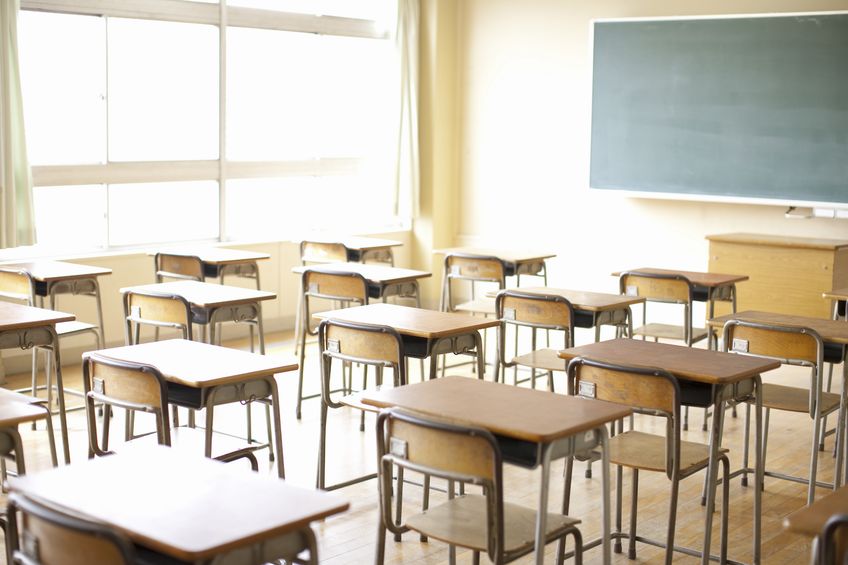News
When School Bullying Turns Criminal: Lessons from the Milnerton High Assault

When School Bullying Turns Criminal: Lessons from the Milnerton High Assault
A disturbing video from Milnerton High School in Cape Town has gone viral, showing a learner being viciously assaulted by classmates while others watched and filmed. The footage has triggered public outrage, forcing South Africans to confront a difficult question: when does school bullying stop being “kids’ behaviour” and start becoming a criminal act?
The blurry line between discipline and criminality
In most schools, bullying cases are dealt with internally, meetings with parents, disciplinary hearings, counselling. But the law draws a firm line. The moment physical violence, threats, or emotional trauma are involved, the matter no longer sits solely within the principal’s office, it enters the realm of criminal law.
Under the Children’s Act and the South African Schools Act, every learner has the right to safety and dignity. Once those rights are violated, other laws, such as the Criminal Procedure Act and the Protection from Harassment Act, come into play.
Legal experts note that depending on the severity, bullying can amount to assault, crimen injuria (the unlawful, intentional impairment of another’s dignity), or even attempted grievous bodily harm. This means that parents of victims can open a criminal case even if the school is already conducting disciplinary proceedings.
What happens when a case is opened?
When police are alerted, as in the Milnerton case a docket is opened and referred to the National Prosecuting Authority (NPA). Because the accused are minors, they are processed through the Child Justice Act, which focuses on rehabilitation rather than punishment.
Consequences can range from community service and mandatory counselling to referral to a child and youth care centre in severe cases. Meanwhile, schools retain the authority to suspend or expel learners who violate the code of conduct, but those disciplinary actions don’t shield offenders from the justice system.
The Western Cape Education Department (WCED) has confirmed that internal investigations are ongoing. Spokesperson Bronagh Hammond stated that the department “fully supports any parallel criminal investigations where warranted,” signalling a firm stance on school violence.
A warning for those sharing the video
Beyond the act itself, the viral spread of the assault video has sparked another legal issue. Under the Films and Publications Amendment Act, anyone who shares or forwards a video showing a minor being attacked could face charges for distributing content that violates a child’s dignity or privacy.
What many see as “raising awareness” by sharing the clip may, in fact, re-victimise the learner and constitute a criminal offence.
Public outrage and the call for accountability
On social media, parents, educators, and alumni from across the country have expressed horror and frustration. Many are demanding stricter school oversight and faster police intervention. “We can’t keep excusing this as ‘teen behaviour,’” wrote one parent on X (formerly Twitter). “It’s violence, plain and simple.”
Others have called for more mental health support within schools, arguing that punishment alone doesn’t tackle the root causes, often family dysfunction, peer pressure, or social media-fuelled bravado.
Beyond Milnerton: a national reckoning
This incident is not an isolated one. Over the past few years, videos of school assaults from Johannesburg to Durban, have surfaced online, each time prompting brief outrage before fading from the headlines. Yet for many families, the trauma lingers long after the public’s attention moves on.
Experts warn that unless the education system combines accountability with emotional support, South Africa risks normalising violence among young people.
As one Cape Town teacher told local media, “Our children are not okay. They are angry, scared, and acting out in ways that hurt others and themselves.”
The Milnerton High assault has reignited a crucial conversation, one that goes beyond punishment and points to a larger cultural shift. Schools, parents, and communities must work together to ensure that discipline, empathy, and the law coexist in the same classroom.
Because when bullying turns violent, it’s not just a school matter anymore, it’s a crime.
{Source: IOL}
Follow Joburg ETC on Facebook, Twitter , TikTok and Instagram
For more News in Johannesburg, visit joburgetc.com



























